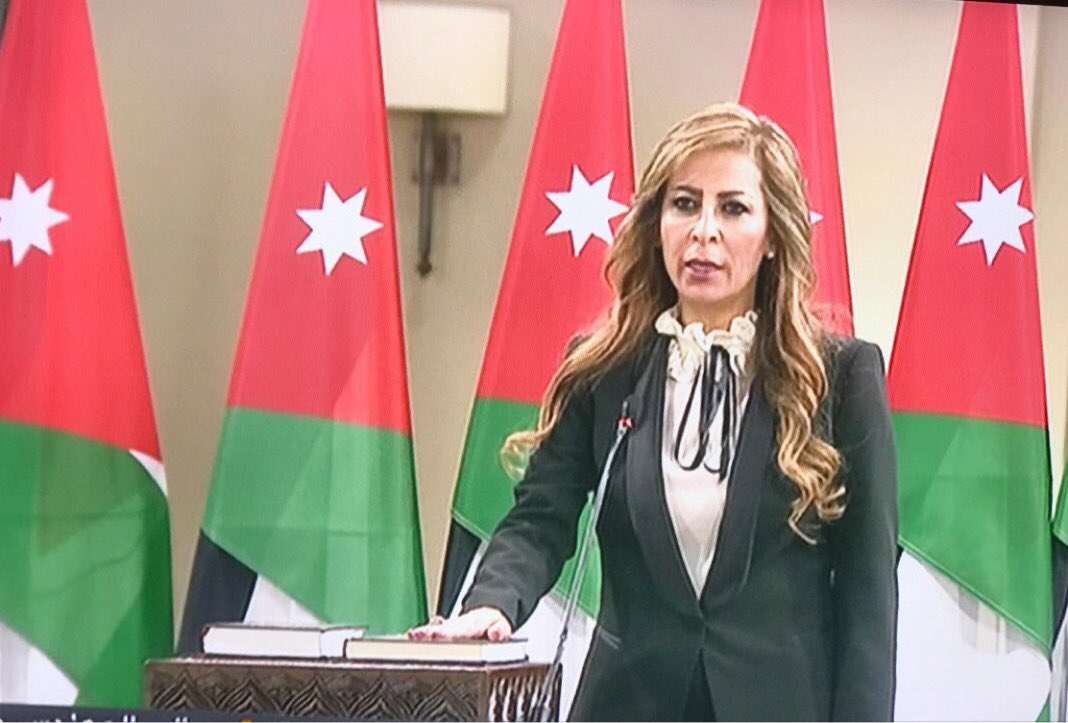
AMMAN, Jordan — Suspected militants who killed five members of Jordan’s security forces over the weekend are Jordanian citizens who support the ideology of the Islamic State group, but don’t have proven links to foreign funding or foreign extremist organizations, officials said Monday.
The assailants had hoarded large quantities of explosives that were apparently intended for attacks on civilians in public places and on security installations. The explosives “were ready, on timer, and could be detonated immediately,” government spokeswoman Jumana Ghuneimat told reporters.
The weekend confrontations highlighted Jordan’s continued vulnerability, despite its security crackdown on suspected Islamic militants. Jordan is a key Western ally, and any sign of instability is viewed with concern, particularly by the U.S. and Israel.
The chain of events in Jordan began Friday when assailants detonated a homemade bomb under a police car guarding a music festival in the predominantly Christian town of Fuheis, west of the capital, Amman. The blast killed a police officer.
Security forces chasing the Fuheis suspects raided a multi-story building in the nearby town of Salt on Saturday. The militants opened fire and set off explosives, killing four members of the security forces and collapsing part of the building. Three suspects were killed and five were taken into custody.
Ghuneimat said security forces found large quantities of explosives buried near the hideout.
Interior Minister Sameer Almobaideen said the suspects are Jordanians without previous experience fighting for extremist groups in neighbouring Syria and Iraq, where IS once controlled large areas. Hundreds of Jordanians have joined extremist groups in neighbouring countries in recent years, and some have since returned.
The Salt suspects support IS ideas and subscribe to “takfiri ideology,” said the interior minister, referring to an extreme interpretation of Islam that considers Muslims with other ways of practicing the religion to be infidels.
Jordan’s crackdown on extremist ideologies has included imposing prison terms of several years for those who express support for IS and other groups on social media. At the same time, hopelessness and alienation among some of the kingdom’s young people, driven by high youth unemployment, have provided fertile ground for recruitment by militant groups.
Jordan has been targeted repeatedly by IS-linked militants.
In June 2016, a cross-border car bombing launched from Syria killed seven Jordanian border guards. In December 2016, a shootout at a crusader castle in the southern town of Karak left 14 people dead, including seven members of the security forces, four militants and three civilians.